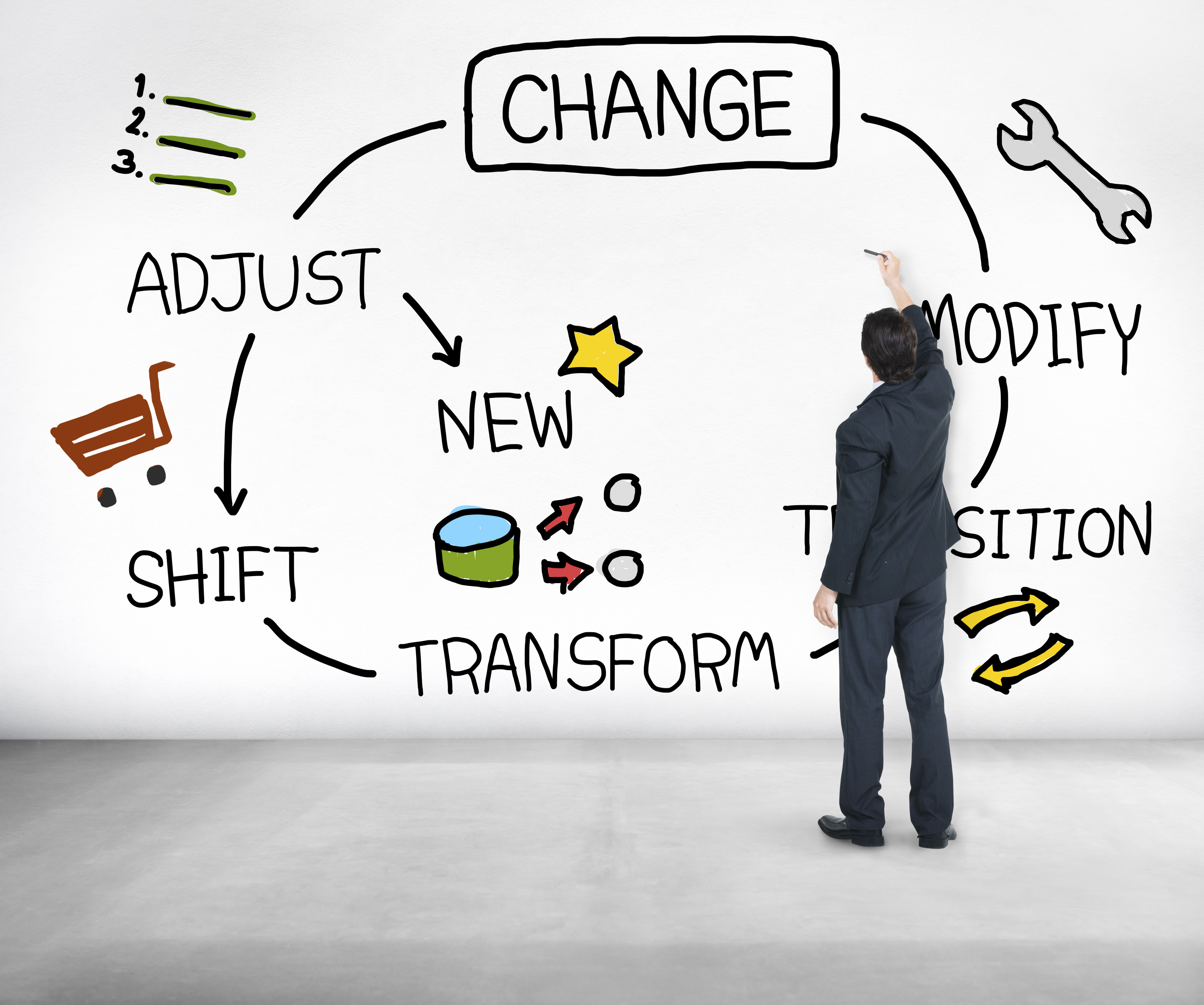Organizational Change and Learning
Introduction
Due to rapid changes in the
business environment and increased rivalry, the concept of "organizational
learning" has grown in relevance during the last few decades. An detailed
analysis of the literature highlights the fact that firms that increase their
learning capacities can gain a competitive advantage, stay inventive, and
dramatically boost their top and bottom line profitability. Senge's
groundbreaking work "The Fifth Discipline," published in 1990,
presented in-depth discussion of the core disciplines that contribute to the
development of a learning organization, including shared vision, team learning,
systemic approach, personal mastery, and mental models.
Organizational learning can be
thought of as a progression from the stage of no learning to the stage of
complete learning. Rigidities, insensitive attitudes, or a closed attitude
toward sharing reality and experiences characterize no learning stage. The
whole learning stage, on the other hand, is defined by openness, flexibility,
and adaptation to changing events or experiences. The creation of learning
organizations is aided by a number of forces or mechanisms.
Organizational Learning Elements
Organizational learning is a continuous process that results in long-term changes in a variety of areas as a result of coordinated efforts. There are three main subsystems in organizational learning: The acquisition of new inputs and their analysis is the initial subsystem. Any change within the organization, changes in the organizational structure, or changes in technology are examples of new inputs. The organization's innovation is characterized by this stage. The retention of the newly acquired input is the second subsystem, and its effectiveness is mainly dependent on how well the new input is integrated with the existing processes. This subsystem can be thought of as the stage where Organizational Learning is put into action. The third subsystem entails the stabilization and use of newly acquired inputs in an organization's day-to-day operations. Organizational learning improves an organization's ability to learn on its own in the future.
Organizational Learning Mechanisms: There are five basic types of mechanisms for encouraging organizational learning:
1. Experimentation and organizational flexibility
2. Teamwork and Mutuality
3. Contingency and Incremental Planning
4. Necessitates the strengthening of desirable competences
5. Creating a Temporary System
Organisational Change
Organizational change is a necessary in today's corporate environment. When a company grows, new teams and divisions are formed, and organisations embrace new technologies to keep ahead of the curve, people leave and new ones are hired. The success and productivity of your organisation will be determined by how you handle change. It's critical to keep employees up to date on what's happening and how they'll be affected.


Comments
Post a Comment